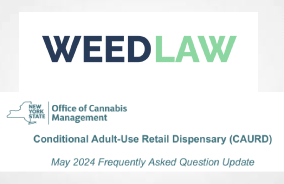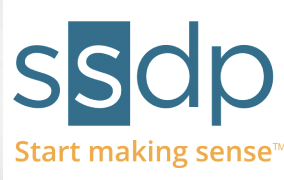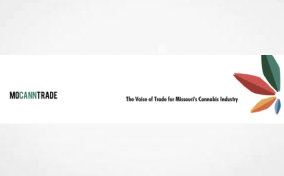1. Temporary Delivery Option (TDO) Limitations:
– Only TDO locations submitted prior to December 31, 2023, are eligible. All TDOs are temporary, expiring 12 months post provisional licensure unless extended.
2. Ownership Flexibility in Licensing:
– Individuals can hold majority ownership in one retail dispensary while being a minority owner in another, without being a True Party of Interest (TPI) in both.
– *This flexibility encourages broader investment and participation in the industry by allowing entrepreneurs to diversify their business interests without violating ownership regulations. It also opens avenues for strategic partnerships and funding opportunities, though it demands careful management of ownership structures to stay within regulatory bounds.
3. Procedure to Challenge Location Denials:
– Denied applicants from the November “priority” round can challenge the decision based on “public convenience and advantage” by compiling specific information and presenting it to the Board.
– *This process provides a fair recourse for applicants, potentially increasing competition in densely populated areas or markets perceived as saturated. It also offers a second chance for strategic site selection, although it requires understanding of regulatory compliance and the ability to present a compelling case to the Board.
4. Cannabinoid Hemp Product Manufacturing and Sales:
– CBD Manufacturers in New York can produce THC cannabinoid-hemp products that EXCEED NY-state THC limits for products to be sold outside of New York.
– *Enables New York producers to tap into out-of-state markets where regulations are less restrictive, potentially boosting sales and expanding business footprints beyond state lines.
– ** This makes very little sense to be honest. Effectively this means New York-based companies can produce products which are only legal to sell outside of New York, but ILLEGAL to sell in New York.


















